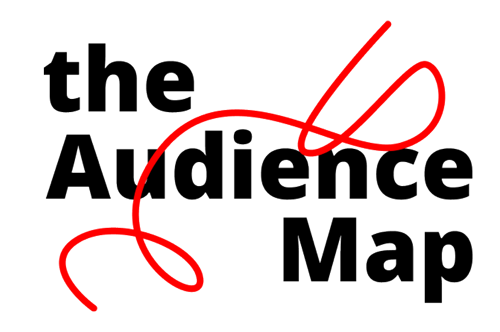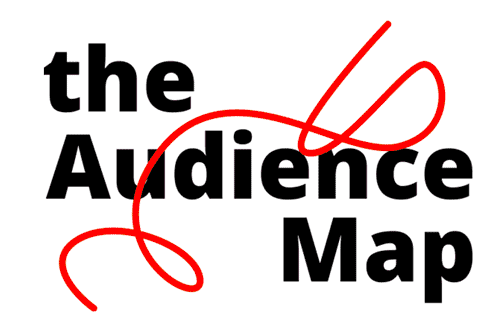“One thing is for sure, there is a higher being/God. And we as men have [blocked] the right teaching because of our own tainted thoughts and struggles. The truth has been lost, and it is up to us to find it for ourselves before our time is up.”
“While I do believe in God and that’s one god…I also identify as roughly pagan…practicing Wicca and certain magical practices as well as divination…I have no idea what will happen once you die.”
“I practice [both] Christianity and other belief systems, as I feel that [they all have] something in common that reaches my heart and I feel that [that is the] right thing to do.”

